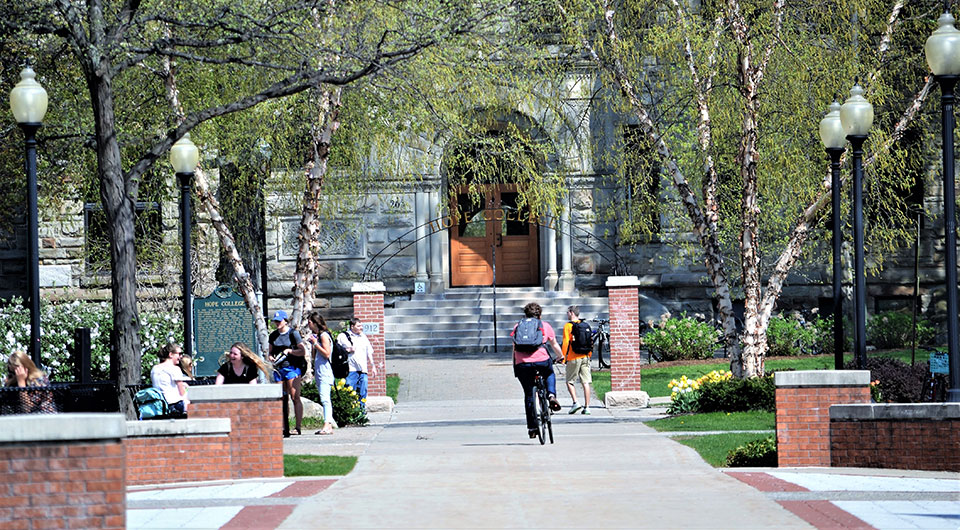Education: Key public and private investment choice for the coming administration

The next four years will determine where and how all the accumulated economic resources will be spent. The decisions will affect those suffering from rainy days to come. Targeted spending will sow seeds for innovation, technology, and the pursuit of happiness. In a post – Covid 19 era with large debts our environment needs to be poised for growth and expenditure. Education must become the core answer.
Covid 19 will continue to restructure the domestic and global economy, with one key facet being the delivery of education. Technology and information flows have redefined the entire field. For example, both students and teachers can again sit and wait for the common assignment to be handed out. We will increasingly need to take the path of self-direction, sharply differentiating between creativity, contentment, and the outlook of life for both students and faculty.
In addressing new issues in novel ways, we are not offering old wine in new containers but instead offering fundamental innovation and new methods of analysis combined with linkages between fields of thought. These methods need to enable students to overcome the gap when forced to communicate asynchronously.
Within this context communication, planning and interaction attain new meaning. Online education needs to re-introduce specific dimensions of personal cross-fertilization. For example, we are not communicating and learning enough about the relationship between economically forced migration and entrepreneurship even though fundamental adjustments in education and capabilities could make the world of a difference to the lives of migrants.
There is a substantial need to re-define and newly address practical education and to do so simultaneously across functional fields with a concentrated focus at a low cost. I increasingly conclude that a re-fashioning of the educational goals, approaches, and delivery is needed. To make progress on my understanding, I serve as a four-year board member on the Lord Fairfax Community College in Virginia representing the county of Page. Overall the college educates more than 23,000 students each year. Courses can cover the learning of a special and needed skill or to achieve academic progress that would lead to acceptance into a four-year college. Examples are students who engage in a career as phlebotomists, where they draw blood as a doctor’s assistant. Due to the exchange and transfer of academic credits, students also prepare with their studies for full graduation from a well-established but distant university which otherwise would be out of reach.
All this learning is done in a close-by facility which allows the student to save on housing costs, reduce psychological distance, and to maintain close ties with the family. This proximity helps in terms of personal as well as regional enrichment. Education brings clear advantages of brainpower and attracts further support just like tax rebates, logistics facilities, duty-free zones, or preferential market access.
Jenkins Hall of the LFCC will soon be inaugurated together with a new campus in Luray. Business subsidies are large and far-reaching. For decades I have traveled to historically unique edifices and structures. I‘ve visited the Coliseum in Rome, the Notre Dame Cathedral in Paris, and burial sites in China and Egypt. When built, many were of them were capable of accommodating far more than the entire local population of their day. But there was a reason for such spatial exuberance. The new facilities including Jenkins hall reflect a desire to build a better future and a commitment to competitiveness.
The easy availability of money in today’s era and the alacrity to spend it in support of causes should make education both an example and exhortation. Both Georgetown University and LFCC have a unique opportunity during this period of Covid-19, to adjust and finetune their offering and education model. There are many ways to improve our capabilities in terms of design, delivery, and diversity. There is much we can learn from each other. Let us leave future generations to ponder and admire the strength and enthusiasm supporting our education.
Bring the best of the CEOWORLD magazine's global journalism to audiences in the United States and around the world. - Add CEOWORLD magazine to your Google News feed.
Follow CEOWORLD magazine headlines on: Google News, LinkedIn, Twitter, and Facebook.
Copyright 2025 The CEOWORLD magazine. All rights reserved. This material (and any extract from it) must not be copied, redistributed or placed on any website, without CEOWORLD magazine' prior written consent. For media queries, please contact: info@ceoworld.biz








